
How to discipline a Beagle puppy?
Beagle puppies come with a double dose of energy and curiosity—traits that make them charming, but also prone to chewing shoes or darting through open doors.
You’re excitedly playing with your new puppy, only to end up with a yelp as their sharp teeth dig into your skin. It’s a common scenario for many first - time dog owners in the US: How do you discipline a puppy who is biting? While it can be frustrating, understanding the “why” behind the biting and using the right approach can turn your nippy pup into a well - behaved companion.
Puppies bite out of instinct. Biting and chewing are their way of exploring the world, similar to how human babies use their mouths to understand objects. In a litter, puppies play - bite each other to learn bite inhibition—the ability to control the force of their bite. When teething hits around 3 - 4 months old, the discomfort drives them to gnaw on anything they can find. It’s crucial to recognize that biting isn’t “bad behavior” but a natural developmental stage that requires gentle guidance, not punishment.
The key to curbing biting lies in positive discipline. When your puppy bites, start by making a short, sharp noise like “ouch!” or “ah - ah!” in a high - pitched voice, mimicking how a littermate would react to rough play. This startles the puppy and signals that their bite hurt. Immediately follow this by offering an appropriate chew toy, such as a rubber Kong filled with peanut butter or a soft, textured teething ring. When they switch to chewing the toy, shower them with praise like “good puppy!” and maybe even a small treat.
Another effective method is the “time - out.” If your puppy continues to bite despite your initial response, gently and calmly place them in their crate or a quiet corner of the room for 30 - 60 seconds. Avoid making eye contact or talking to them during this time. When the time is up, let them out and resume play only if they’re calm. Consistency is key—every family member should use the same response to prevent confusing the puppy.
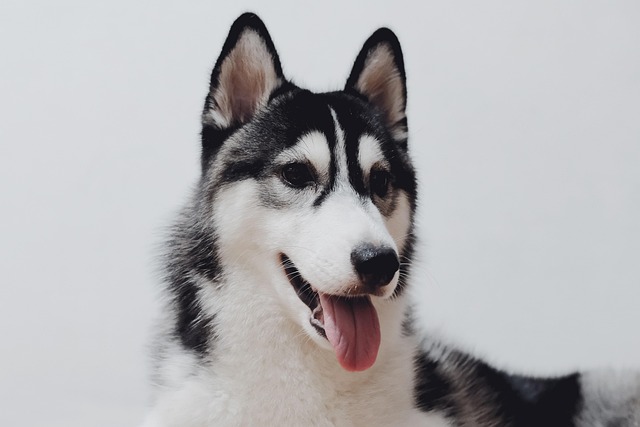
In the American pet - owning landscape, there are important aspects to consider. Just as keeping your puppy’s vaccinations up - to - date, especially rabies shots which are mandatory in most states, is a legal requirement, teaching bite inhibition is part of responsible pet ownership. This also extends to public spaces; an untrained, biting puppy can be a safety hazard, so it’s essential to clean up after them promptly to avoid fines and ensure a pleasant experience for everyone in the community.
When it comes to discipline, it’s vital to avoid any form of physical punishment. Hitting, yelling, or pushing your puppy not only goes against the animal welfare values widely embraced in the US but can also make your puppy fearful or more aggressive. Instead, focus on reinforcing good behavior with rewards, much like how you’d encourage positive actions during basic obedience training.
For apartment dwellers, managing a biting puppy requires some adjustments. Keep chew toys scattered throughout the living space to redirect their chewing instincts. Engage in indoor activities like tug - of - war with a rope toy or hide - and - seek with treats to keep them mentally stimulated and less likely to bite out of boredom. When taking your puppy for walks, be mindful of others. A biting puppy can quickly turn a pleasant stroll into an embarrassing situation, so keep them on a short leash and be prepared to intervene if they show signs of nipping at passersby.
Disciplining a biting puppy is all about patience, consistency, and positive guidance. By understanding their natural instincts, using humane training methods, and following local pet - care norms, you can help your puppy grow into a friendly, well - mannered dog.

Beagle puppies come with a double dose of energy and curiosity—traits that make them charming, but also prone to chewing shoes or darting through open doors.
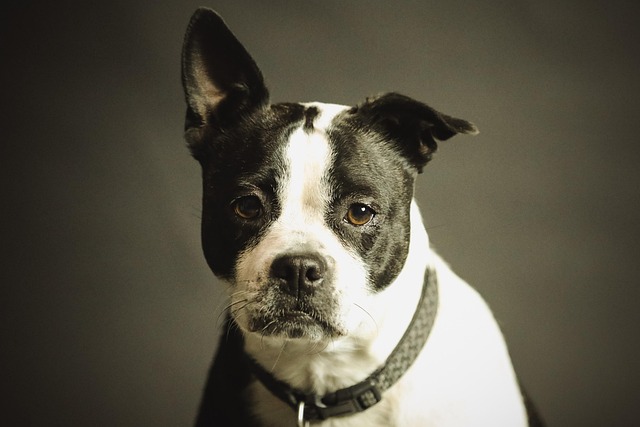
Dogs thrive on routine, and small breeds—with their quicker metabolisms—need extra consistency. Start by taking your pup out at the same times daily: right after waking up, 15 minutes after meals, and just before bed.
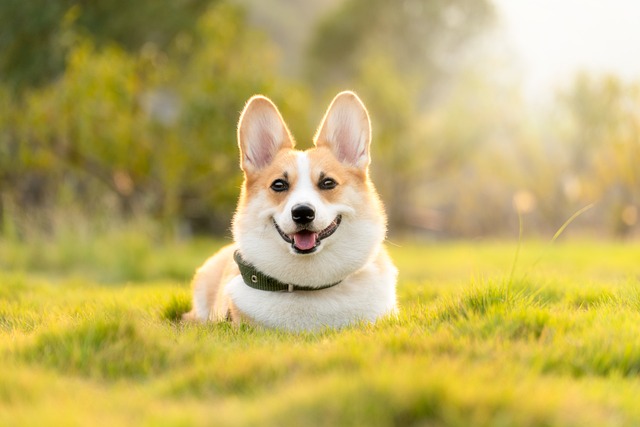
Corgis, with their stubby legs and big personalities, can be little troublemakers when they decide to ignore commands.
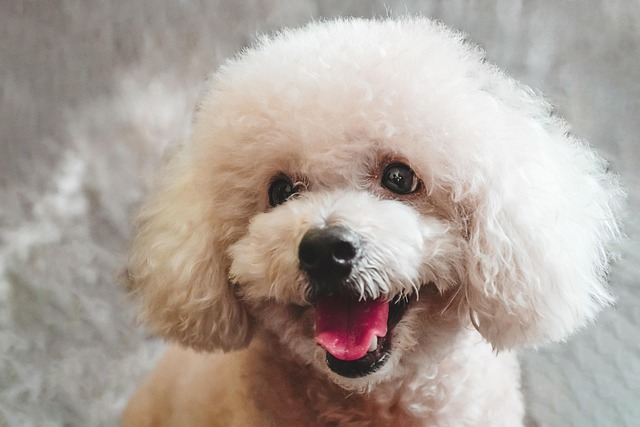
The sudden explosion of barking when a delivery person approaches your door or a neighbor walks past your window is more than just a nuisance
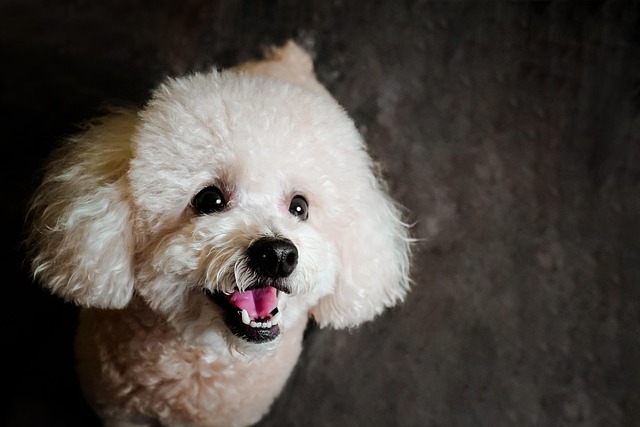
The panicked barking that starts the moment your apartment door closes isn't just heartbreaking—it's a common struggle for urban dog owners trying
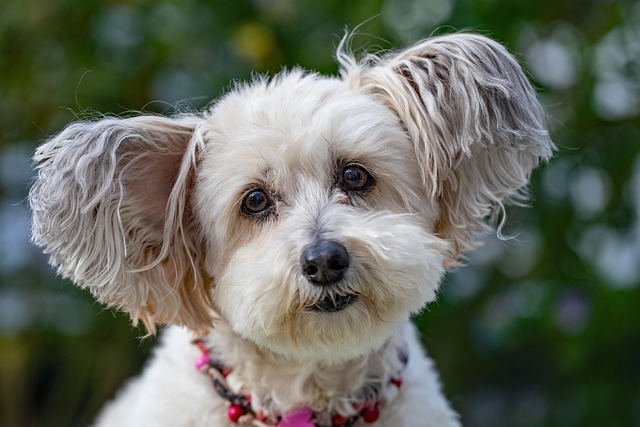
That insistent barking your dog does when demanding food, attention, or toys isn't just annoying—it's a learned behavior that's surprisingly easy to reinforce accidentally.